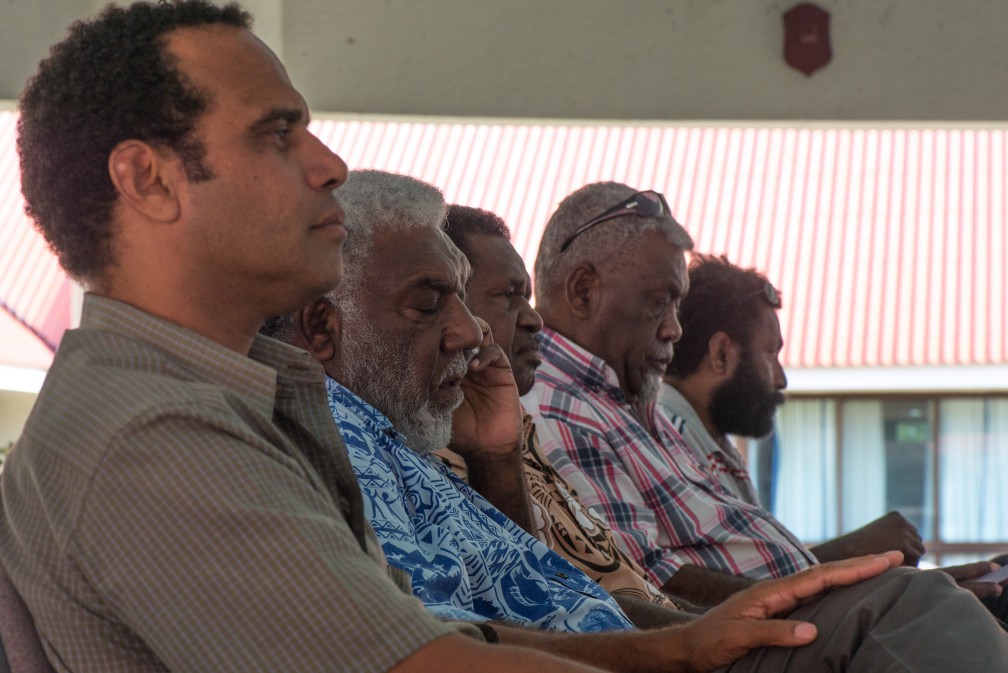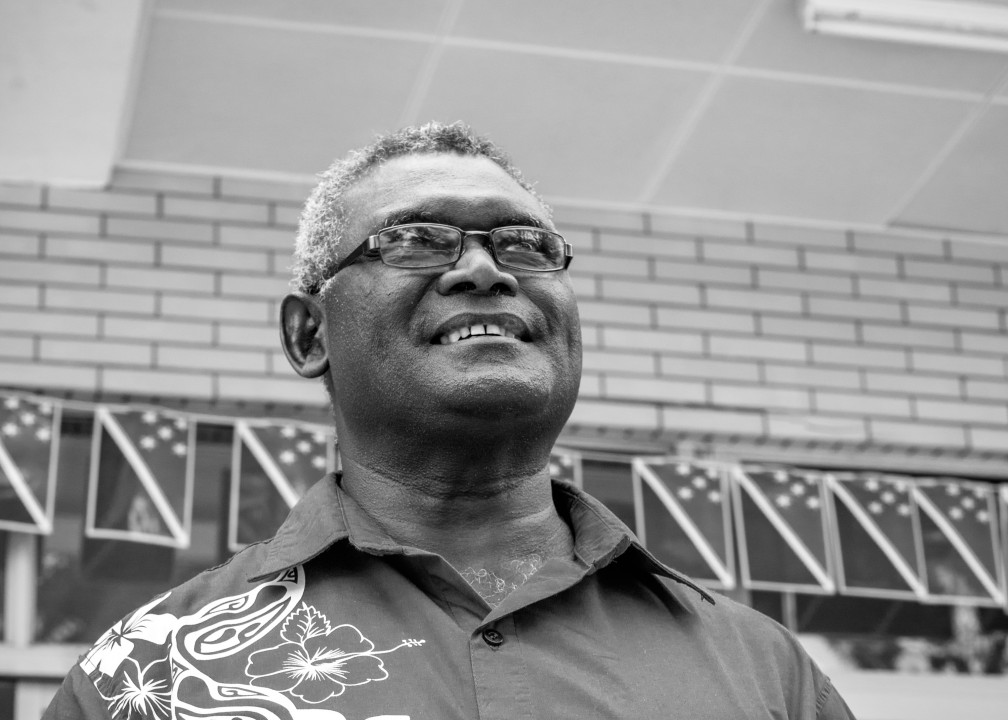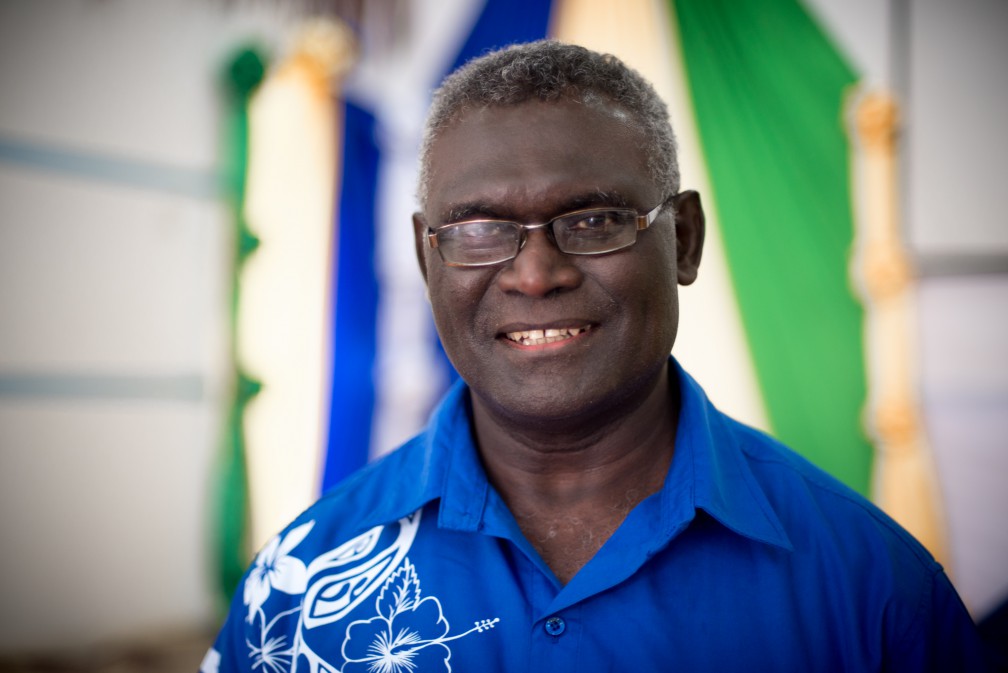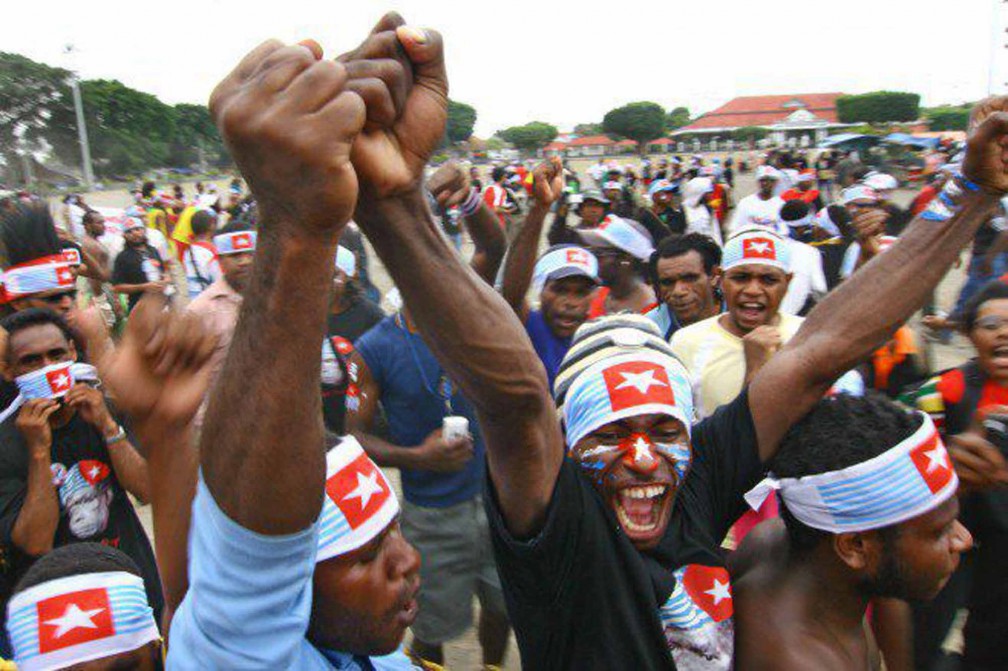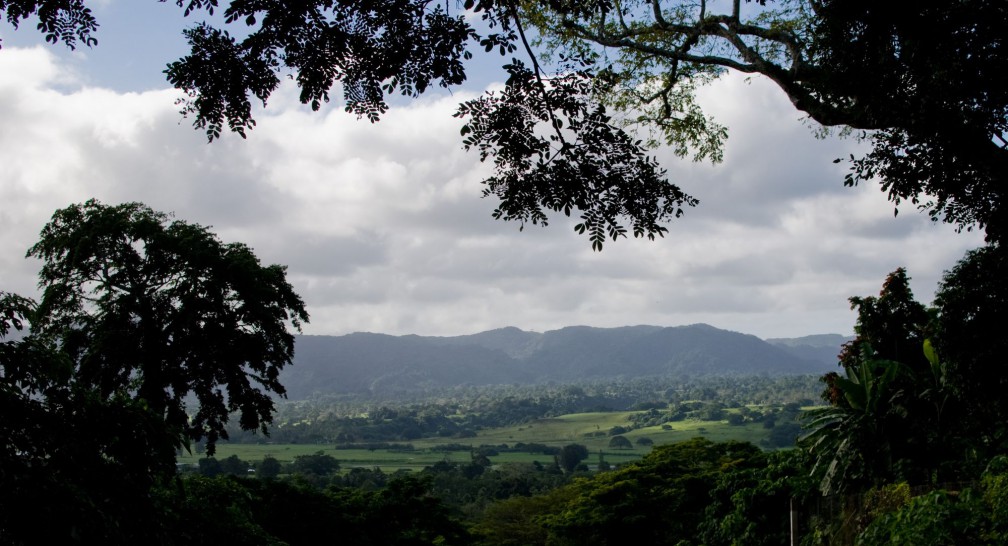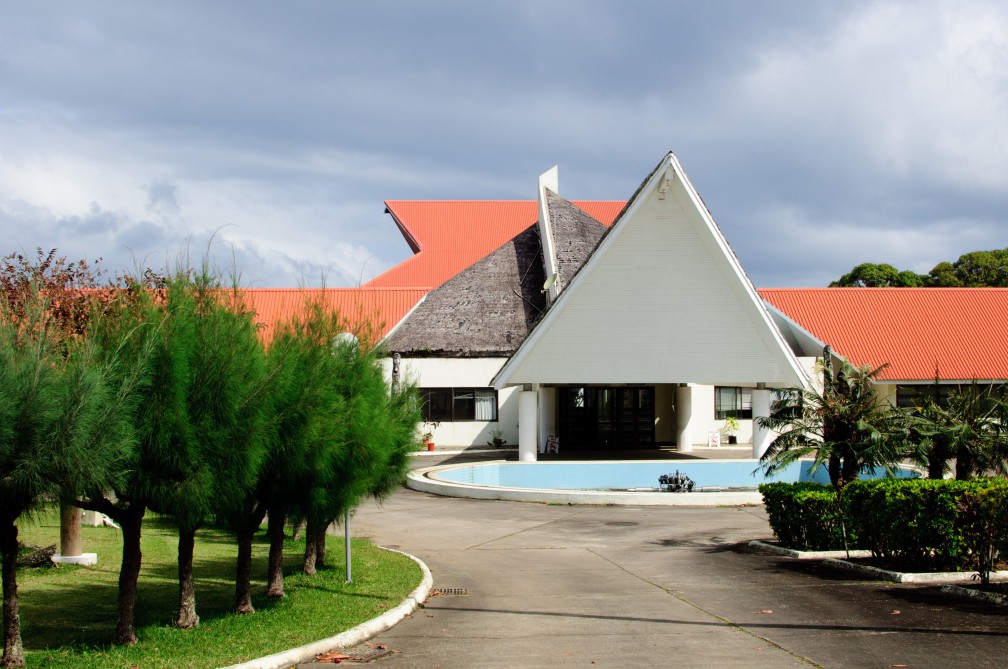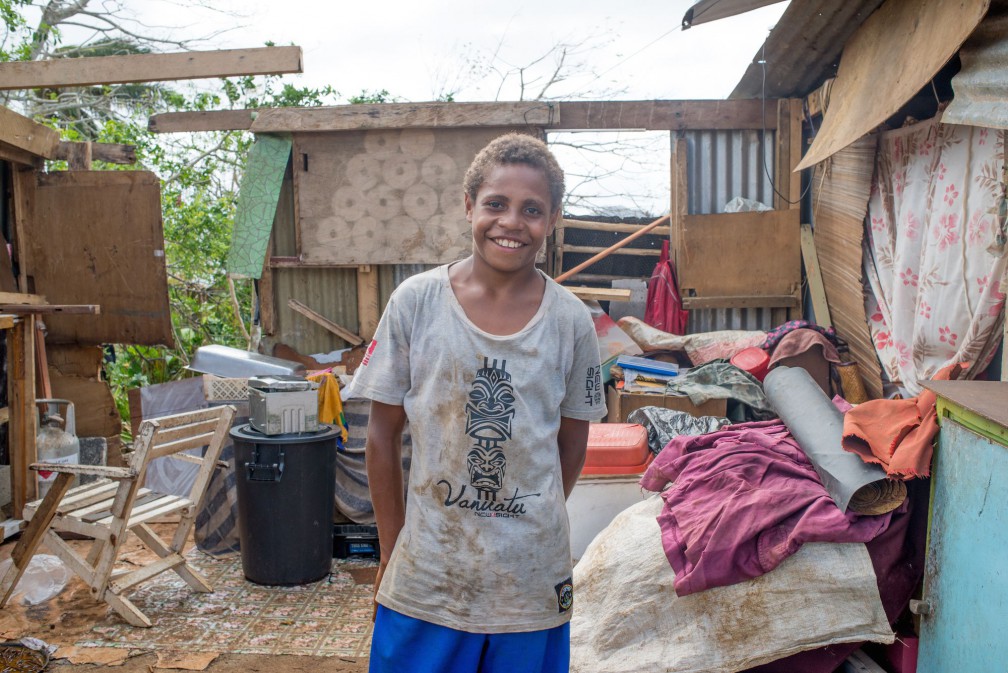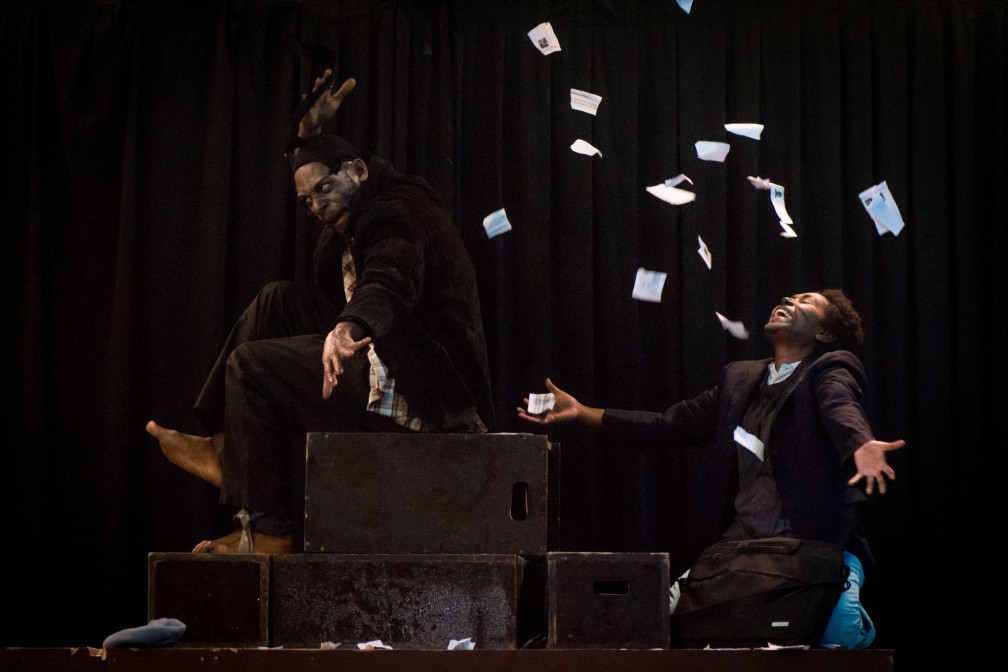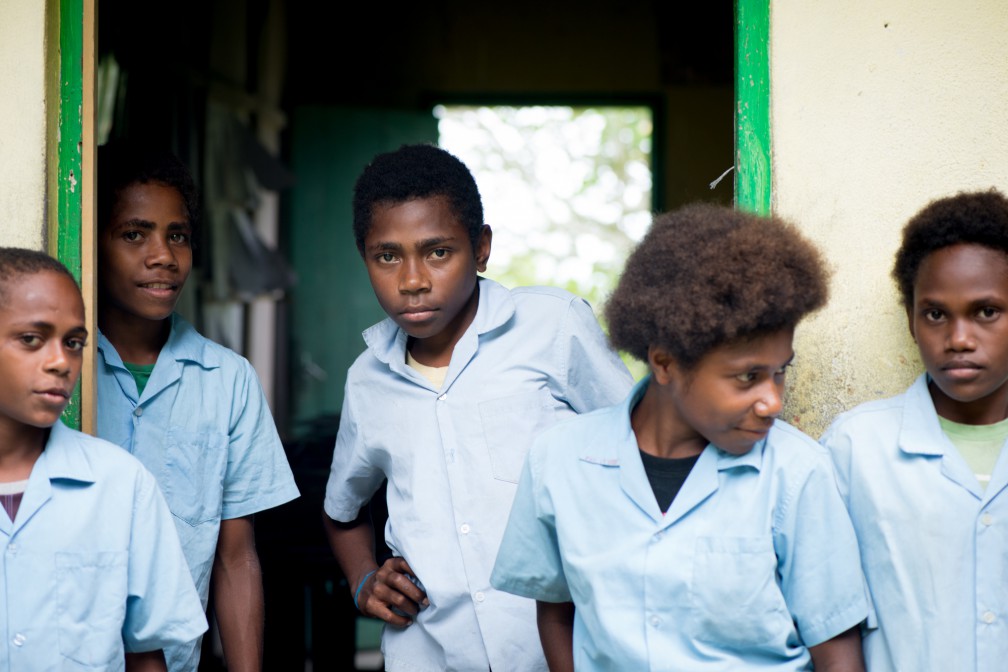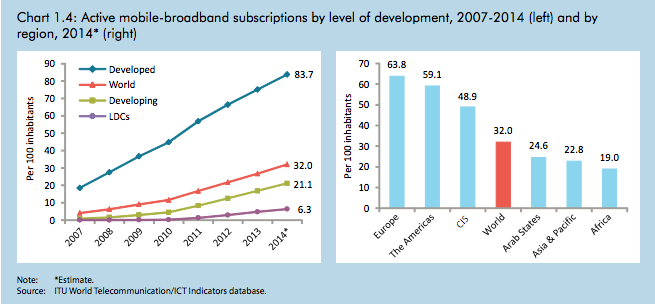An increasing number of people are coming to the conclusion that the only way out of the current political impasse is via dissolution of Parliament. While it may prove to be the only workable option, that doesn’t mean it’s what we need, let alone what we want.
Prime Minister Kilman finally spoke to the people of Vanuatu Monday, confirming that he had asked the President for Parliament to be dissolved on the 16th of October.
The President had already made his perspective clear: Dissolution must be seen as a last resort.
He’s not wrong. Contrary to Mr Kilman’s protestations, it is within the President’s purview to defer—if not outright deny—such a request. Presidential powers are largely ceremonial, but they’re deliberately vague precisely because he is expected to exert a moral influence on the country and its leadership, especially under extraordinary circumstances.
In Vanuatu today, our circumstances are nothing if not extraordinary.
Dissolution is a defeat. It is an admission that Parliament has failed to do its job. Continue reading

